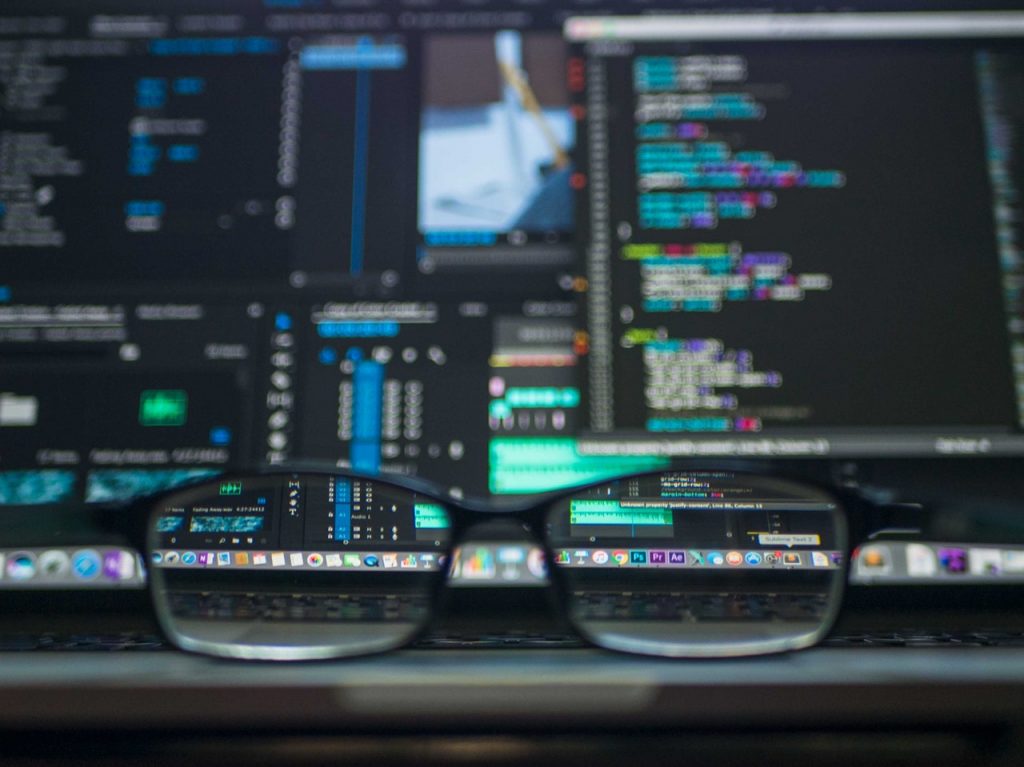
The online world is both weird and wonderful. It’s safe to say that the internet has opened us up to so many possibilities, it’s incredible. We can connect with family around the world, do business deals from our bedrooms, and shop for just about anything, from anywhere – all before sunrise! But there is a flip side to having such much access. Not only are you able to access pretty much everything that you can, but the internet also has access to you. And it’s this side of the online world that can be pretty worrying to most of us. When you think about it, how much privacy do you really have online? Sometimes, not much! But you can change that by working with the right tools.
Domain Privacy
If you have a website or a blog, or any kind of online space that you have your own personalized domain for, you can often feel pretty great. You have your own corner of the internet to share the things that interest you, and owning your own domain can be a cool part of that. But it’s not always private. When you register your domain, your personal details such as your name and address can be visible to anyone. And that can be quite scary. So, you should opt for domain privacy when you’re buying your domain. That way, the details are the company, such as Bluehost, details, not yours.
Online Anonymity
When you’re browsing the internet, you can often assume that you’re safe and that nobody can see what you’re doing – even if you’re just looking on Facebook. But that’s not always the case. You can often be seen, even by the CIA or FBI! So you might want to use a VPN to keep your activity private. Take a look at some VPN reviews to see if they’re for you. You may feel more comfortable knowing that companies can’t always access your search history if you do.
Cookies
We all know about cookies. We often clear them regularly to keep our computers working well and to avoid too much of a trail online. But if you find that advertisers are still tracking you with what you’ve browsed, then why not think about blocking third-party cookies? You can do this in the settings, and it will allow advertisers to stop tracking you altogether, for a bit of peace of mind.
Social Privacy
Then you’ve got your social accounts to think about. Are you happy with anyone and everyone being able to see your social accounts? If not, then you’re going to want to go private. That way, your online social life can be kept to those that you’re happy to share it with.
SSL
Finally, you may also want to check that you’re secure online. We often see SSL when we’re logging into financial accounts, for example. But not everyone uses it. If you want to keep your privacy up, you need an SSL connection. Not every browser users them, but you can get extensions such as HTTPS Everywhere that can put that SSL connection onto a range of websites for you, just for extra measure!

Be First to Comment